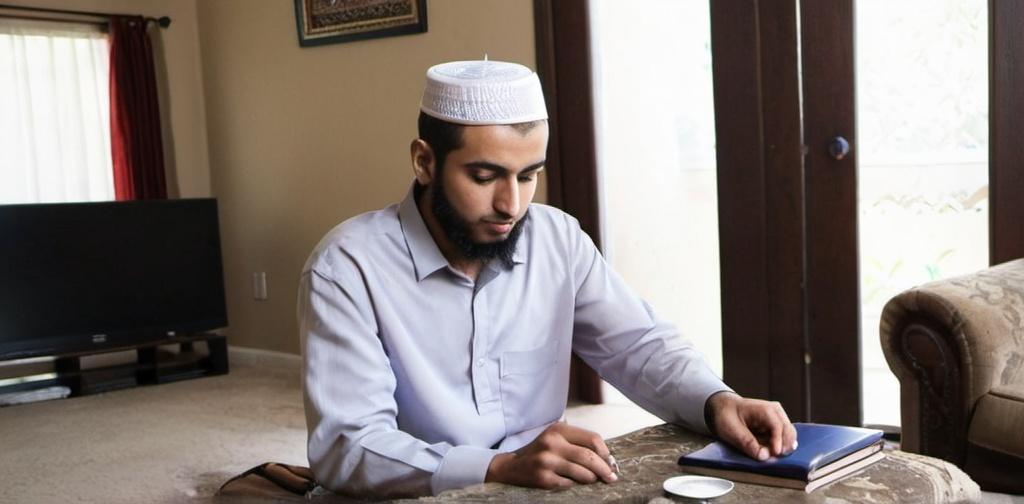Learn more about Automated Binary Options Trading

Introduction to Automated Binary Options Trading
Automated binary options trading. Sounds fancy and might even seem like a magic potion for quick profits. But, is it halal? Is it haram? As a Muslim trader, it’s a question on the tip of your tongue, and for good reason. Understanding this isn’t just about a quick buck; it’s about aligning financial decisions with Islamic principles. Let’s crack open this nut.
Binary Options: The Basics
Before diving into the halal or haram debate, it’s essential to understand what you’re dealing with. Binary options are financial instruments that essentially represent a gamble. You’re predicting whether an asset will be above or below a certain price at a specified time. Simple? Yes. Risky? Absolutely. Success and failure are binary—win a fixed amount or lose your stake. It’s this all-or-nothing nature that often throws binary options into the gambling category.
How Does Automated Trading Work?
Automated trading kicks it up a notch. Instead of manually placing trades, software does it for you based on algorithms. You set the parameters, and the bots go to work, executing trades at lightning speed. Sounds efficient, right? But here’s where it gets murky. With AI-driven decisions, the human touch—and by extension, the moral compass—can slip.
Is Trading Binary Options Halal?
The million-dollar—or should I say, dinar?—question. Many scholars argue binary options are akin to gambling. Why? Because the win-loss outcome relies almost entirely on chance, not much different from placing a bet on a horse race. Islamic finance principles emphasize risk-sharing and tangible asset backing, neither of which are evident in binary options.
Key Considerations
Understanding what makes a trade halal or haram isn’t just black and white. Here are factors often weighed:
- Riba (Interest): Any form of interest earned or paid in any trade is a strict no-no.
- Gharar (Uncertainty): High levels of uncertainty or ambiguity can render a trade haram.
- Maysir (Gambling): Any activity resembling gambling is generally prohibited.
When examined through this lens, binary options trading appears to carry elements of gharar and maysir in spades.
Automated Trading: Additional Concerns
Is putting trading decisions in the hands of software halal? Well, automation isn’t inherently haram, but if it leads to decisions contrary to Islamic teachings, then it sure is. Letting a robot call the shots without human oversight can stray into dangerous territory.
Expert Opinions and Fatwas
Consulting scholars and experts can offer insight. A significant portion of Islamic scholars argue that binary options, automated or not, veer towards the haram end of the spectrum. However, opinions do vary. Some argue that if the trading mechanism avoids gharar and maysir, it may be halal. This ambiguity is often why personalized fatwas are sought.
Personal Experience and Practical Considerations
Let me share a little story. I dabbled in binary trading—felt like I was standing on a cliff edge, blindfolded, with a gale-force wind threatening to throw me off. While the thrill was undeniable, so was the discomfort in my gut. Something about it didn’t sit right, religiously speaking. So, I backed off and explored other avenues.
If you’re considering trading, remember: no trade is worth compromising your values. While the lure of automation and the potential for big payouts can be enticing, financial undertakings should align with religious beliefs. Consider other investment options known for being more sharia-compliant—stocks, real estate, or even halal mutual funds, for instance.
Conclusion
Deliberating whether a financial practice is halal or haram requires thorough understanding and personal reflection. While automated binary options trading appears to skirt the line of Islamic principles, personal convictions and scholarly guidance should ultimately steer the ship. Always remember: it’s not just about the money—it’s about the peace of mind that comes from knowing you’re upholding your values.